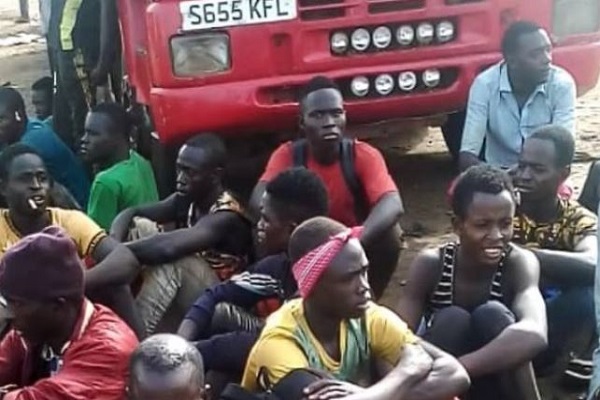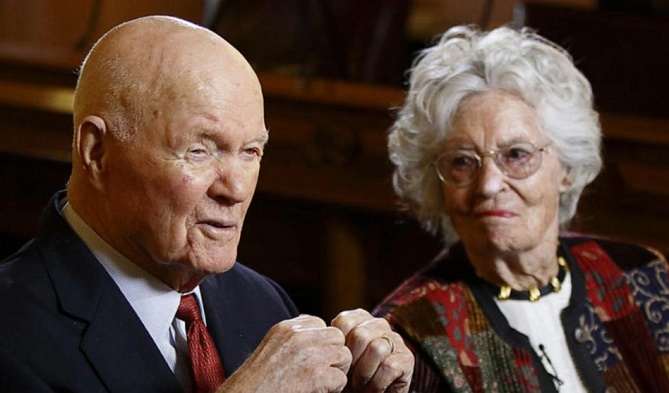Uche Achi-Okpaga, national publicity secretary of Ohanaeze Ndigbo, has accused northern leaders of shifting their “burden” to other parts of the country by relocating almajiri kids from their states.
In an interview with The PUNCH, Achi-Okpaga accused leaders from the region of creating a problem for others through the relocation.
Usually between the age of four and 15 years, the almajiri kids are put in the care of Islamic teachers who instruct them on Quranic knowledge.
Most of them end up begging for alms and food in their neighbourhoods as these teachers are often unable to meet their needs.
Advertisement
Since the COVID-19 pandemic, a number of governors, mostly in the north, have been returning almajiri children to their home states.
The Ohanaeze spokesman said the movement is against the ban on inter-state travels, adding that the almajiri kids should remain in their locations until the pandemic is over.
“As an apex Igbo social-cultural organisation, Ohanaeze is worried about the influx of Almajirai to southern Nigeria,” he said.
Advertisement
“However, it is a multifaceted problem. You remember that it was during the administration of Goodluck Jonathan that schools were built for Almajirai. The northerners were in power all the while and they never thought of it.
“Even after Jonathan built the schools for them, they did not envisage that in the near future the Almajirai would become a very big problem to the North. I think this is an orchestrated game plan.
“The Almajirai are moving in large number and travelling in trucks and buses. The question you should ask is who are those people providing those buses? The Almajirai we know don’t have money and they cannot afford to travel to far places in buses.
“So who are those providing the buses that are used to transport them within and outside the north? That is the question. The leaders of the North are aware that the Almajirai question has become a problem and they want to shift the burden to other places where people have been able to mind their business and manage their populations well.”
Advertisement
Add a comment







